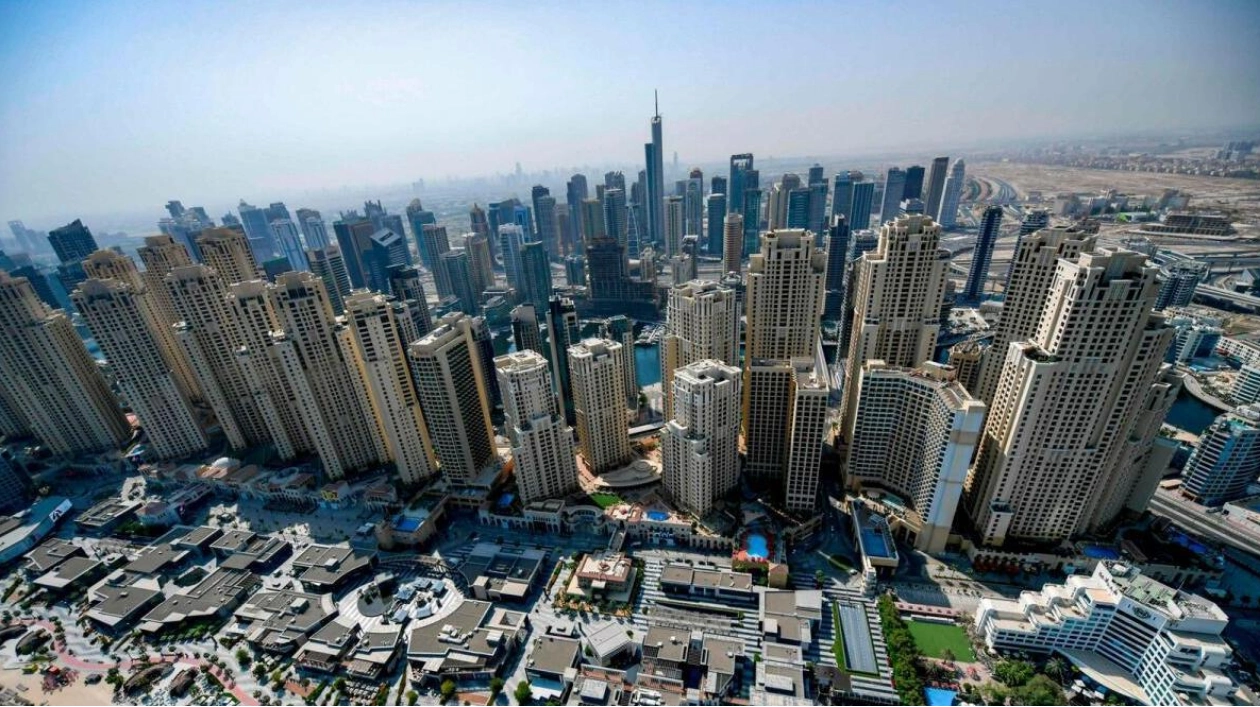The non-oil sector of the GCC is anticipated to continue driving growth in the region beyond 2024, while the overall GDP is projected to decelerate to 2.2 percent due to the Opec+ group's extension of voluntary output cuts until the third quarter, as per the Institute of Chartered Accountants in England and Wales (ICAEW). According to the Economic Insight report, commissioned by ICAEW and prepared by Oxford Economics, the prolonged output cuts suggest a postponed recovery in GCC's energy sectors, with oil output expected to decrease by 2.6 percent this year, contrary to the earlier forecast of a 1.3 percent increase. The GCC growth forecast has been adjusted downward to 2.2 percent from 2.7 percent three months ago, although non-energy sectors in countries like Bahrain and Qatar remain robust. However, the World Bank has revised its outlook for the GCC, envisioning a more prosperous future albeit with a slightly slower current pace. In its Spring 2024 Gulf Economic Update, the bank forecasts regional growth to surge to 4.7 percent in 2025, a notable enhancement from the previous estimate of 3.8 percent. It predicts the UAE's economy to expand by 3.9 percent in 2024 due to increased oil production. The World Bank anticipates oil output to grow by 5.8 percent in 2024, while non-oil output continues to be strong, growing at 3.2 percent. Consequently, the UAE has demonstrated robust performance in sectors such as tourism, real estate, construction, transportation, and manufacturing. The World Bank indicates that this year's growth might slightly undershoot earlier projections, with a revised growth rate of 2.8 percent instead of the initial 3.6 percent. Nonetheless, the institution based in Washington maintains a positive perspective, buoyed by the expected recovery in oil output and the sustained vigor of the non-oil economy. The ICAEW report notes that Saudi Arabia, which is implementing the most significant production cuts, will experience a contraction in oil activities by 5.0 percent this year, a reversal from the previously anticipated growth of 0.7 percent. However, as production cuts are expected to be reversed in 2025, energy sectors are poised to contribute positively to GCC growth. The accounting body also mentions that Saudi Arabia, Bahrain, and Kuwait are likely to face budget deficits in 2024 and 2025 as current oil prices fall below fiscal breakeven levels. Nevertheless, the overall GCC budget is expected to remain slightly in surplus this year, supported by strong financial positions and favorable credit ratings that facilitate ongoing access to capital markets and IPOs. The report forecasts Qatar's economy to grow by 2.2 percent in 2024 and increase to 2.9 percent in 2025. Since Qatar is not part of the Opec+ production quotas, its focus on the gas sector, particularly the North Field expansion project, is expected to yield positive medium-term results. Bahrain continues to diversify its economy, reducing its dependence on oil revenues, with the non-oil sector growing by 3.4 percent in 2023, accounting for about 84 percent of its GDP. The launch of the Golden Licence initiative in April 2023, requiring a minimum investment of $50 million and the creation of at least 500 jobs, has spurred significant investment growth in Bahrain. Scott Livermore, ICAEW economic adviser and chief economist at Oxford Economics Middle East, highlights that Bahrain's financial services sector now contributes nearly 18 percent of GDP, surpassing oil's 16 percent contribution. Saudi Arabia's non-oil sector is expected to benefit from investments in key sectors supporting mega-projects, including construction, manufacturing, and transportation. The largest Arab economy is anticipated to see robust growth in the hospitality sector, with tourism continuing to be central to the country's growth strategy. Tourism remains a strategic sector across other GCC countries and is a key growth driver, with tourism activity rebounding strongly, reaching record visitor numbers in 2023 and continuing into this year. The GCC inflation forecast for 2024 has been reduced by 0.3 percentage points to 2.2 percent, with a further decline to 2.1 percent expected next year. Excluding housing rents in certain countries, inflationary pressures are contained, with rates below 2.0 percent.

Text: Lara Palmer
26.06.2024
Despite Opec+ Cuts, GCC's Non-Oil Economy Remains Resilient, Forecasts Show Slower GDP Growth





